Fine Jewelry Auctions
The term “fine jewelry” is used for any jewelry that is made from precious metals such as gold, silver, or platinum. Fine jewelry typically contains genuine gemstones like diamonds, sapphires, garnets, citrines, rubies, tourmalines, or emerald. Fine jewelry is durable and made to last so it is suitable for every day use.
While the pieces below have sold, they are typical of the fine jewelry we take on consignment for either auction, public or private sale. We are always seeking new item to offer for sale.
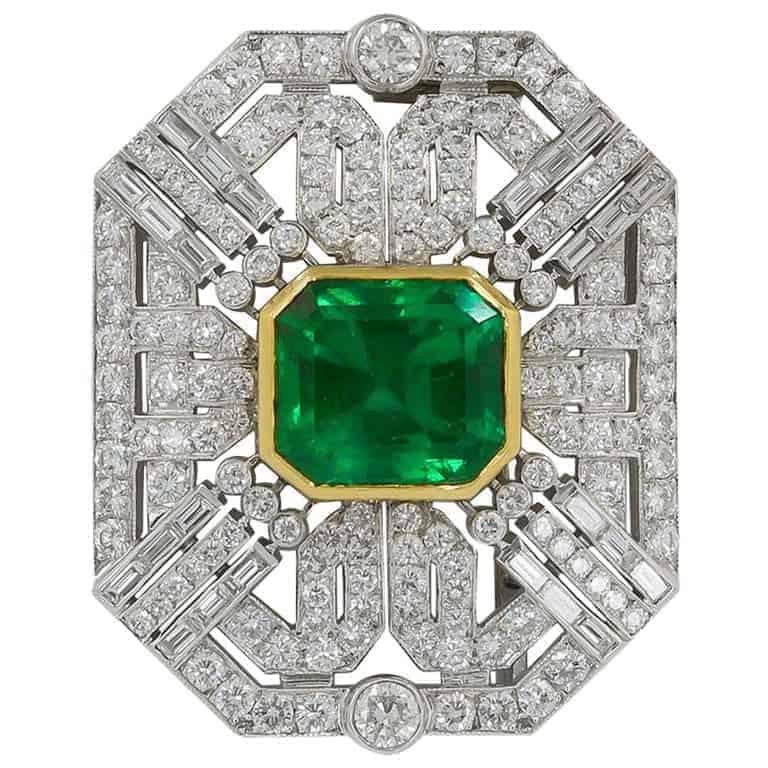
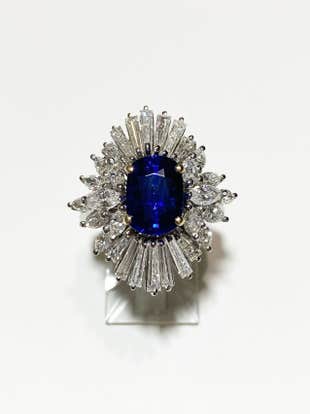
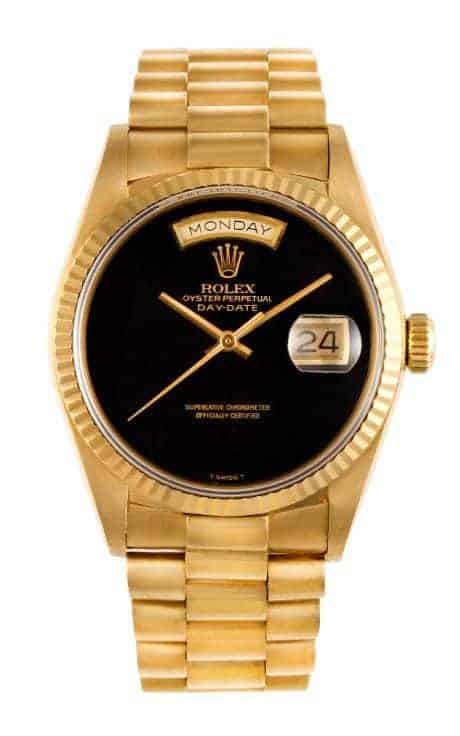
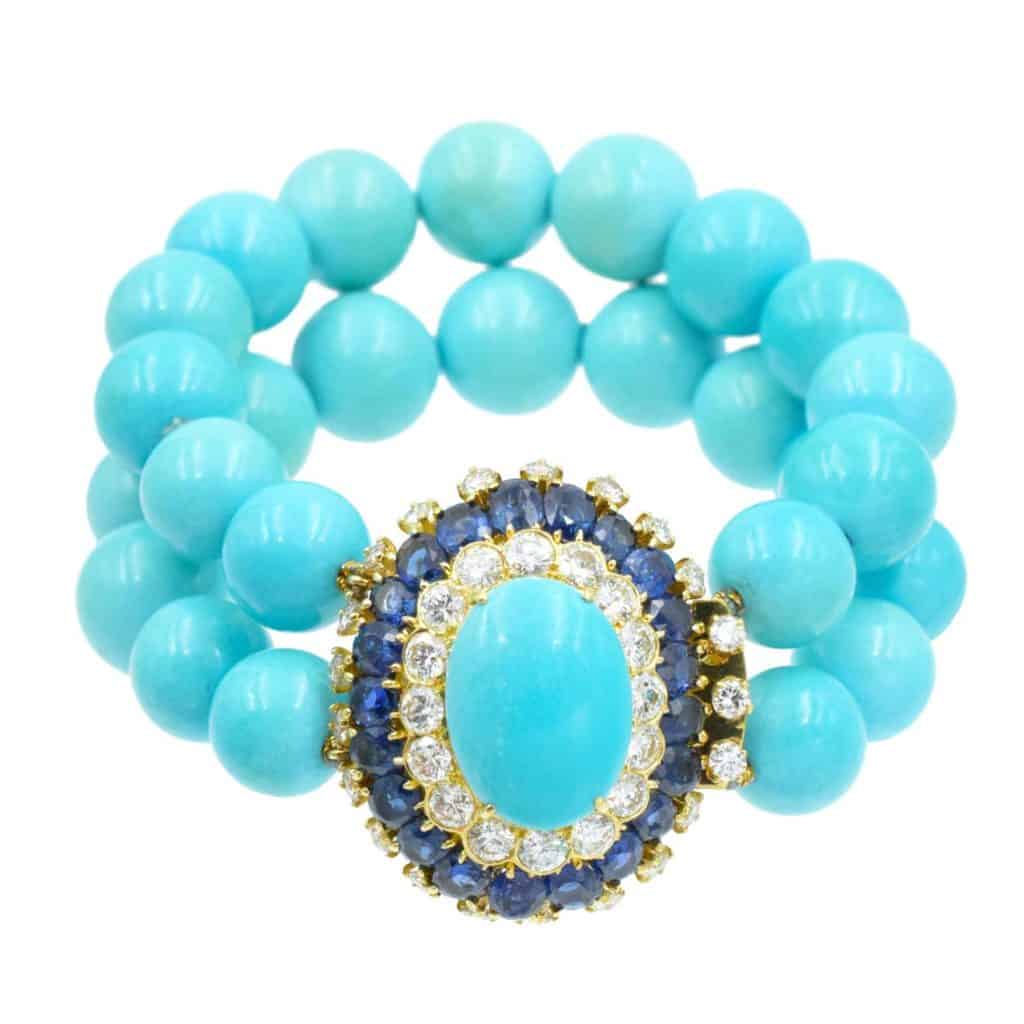
As of late, sapphires and emeralds have been stealing the spotlight typically reserved for diamonds. The rarity of sapphires and emeralds simply cannot be ignored.
If you are lucky enough to be born in September, you have a birth right to own a sapphire, so work it for all you can.
Everyone knows that sapphires are blue but they also come in pink, yellow, green, black, white, grey, orange, and brown however the name sapphire is derived from the Latin “saphirus” and the Greek “sapheiros”, both of which mean blue.
Some of the most popular sapphires have been the engagement ring of Princess Diana, Napoléon’s Engagement Ring for Joséphine (recently sold for 1.17 million), The Star of Bombay, The Blue Giant of the Orient (486 carats), The Stuart Sapphire, and the Rockefeller Sapphire (last sold for 3 million dollars).
Sapphires are said to have powers of learning, mental acuity, and spiritual healing, and that they can calm nerves. The sapphire is also believed to activate the “third eye”, allowing one to access a deeper level of self-consciousness. All great reasons to own the precious stone. Due to it’s massive increase in value in recent years, investment certainly makes the best argument.
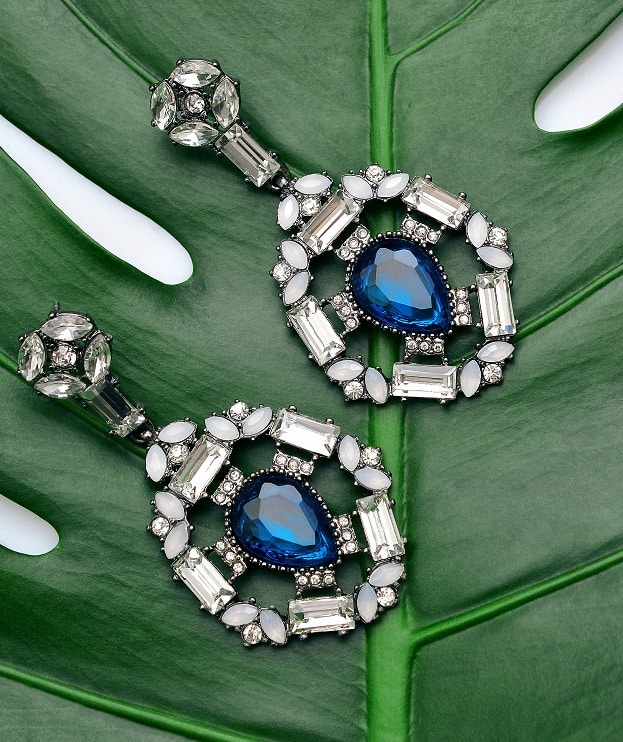
If on the other hand you were born in the month of May, you have bragging rights for emeralds. Emerald are known to be a symbol of rebirth, and believed to have the power to grant the owner foresight, good fortune, and youth. Emerald, derived from the word “smaragdus,” means, quite literally, “green” in Greek. Unlike sapphires, tourmalines, diamonds, and alexandrite’s, emeralds are only created in the color green.
Emeralds are typically fairly durable and rank 7.5-8 on the mohs scale but because most emeralds contain many inclusions, they can break easily so beware. Emeralds without inclusions are so rare, but even if found, the price will be extremely high.
Emerald are said to be a life-affirming gemstone and that it opens the heart and calms emotions. Emeralds are known to provide inspiration, balance, wisdom, and patience and promote friendship, peace, harmony, and domestic bliss by enabling the wearer to both give and receive unconditional love.
The most popular Emerald types include, Columbia, Zambian, Brazilian, Natural, and mined and most emeralds come from Columbia, Zambia, and Brazil.
In regard to natural emeralds, color is evaluated by three different measures: hue, tonal grade, and saturation.
The tonal grade is the level of lightness or darkness of green. Higher quality emeralds will have a medium to very dark tone.
The hue is the shade of green of the stone. It can have hints of blue or yellow.
The saturation of the emerald is it’s intensity of color (transparency). In terms of value, you want to be right in the middle…not too light and not too dark.
When it comes to inclusions, they are expected. They are not always flaws rather they are small bits of gas or other materials created naturally.
Oddly, smaller emeralds are usually more sought after, rather than large emeralds due to cost, but in my experience, very large cabochon emeralds are indeed very affordable whereas very large faceted emeralds are very hard to come by .
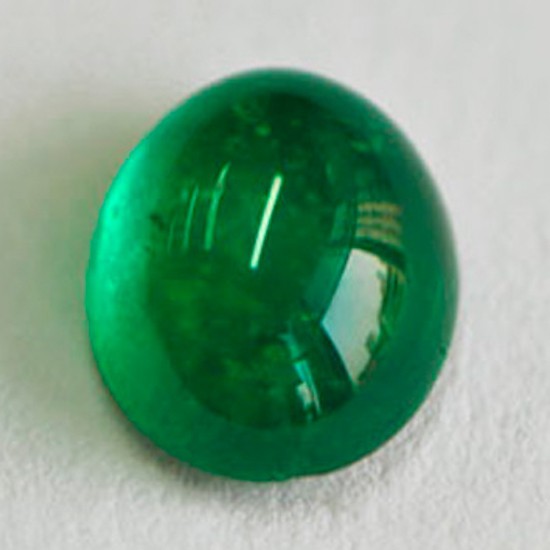
Regardless of the type of fine jewelry you have, white gold, yellow gold, rose gold, platinum, diamond, sapphire, ruby, tourmaline, ring, bracelet, necklace, cufflinks, or loose stones, we can help you sell your items for a premium.